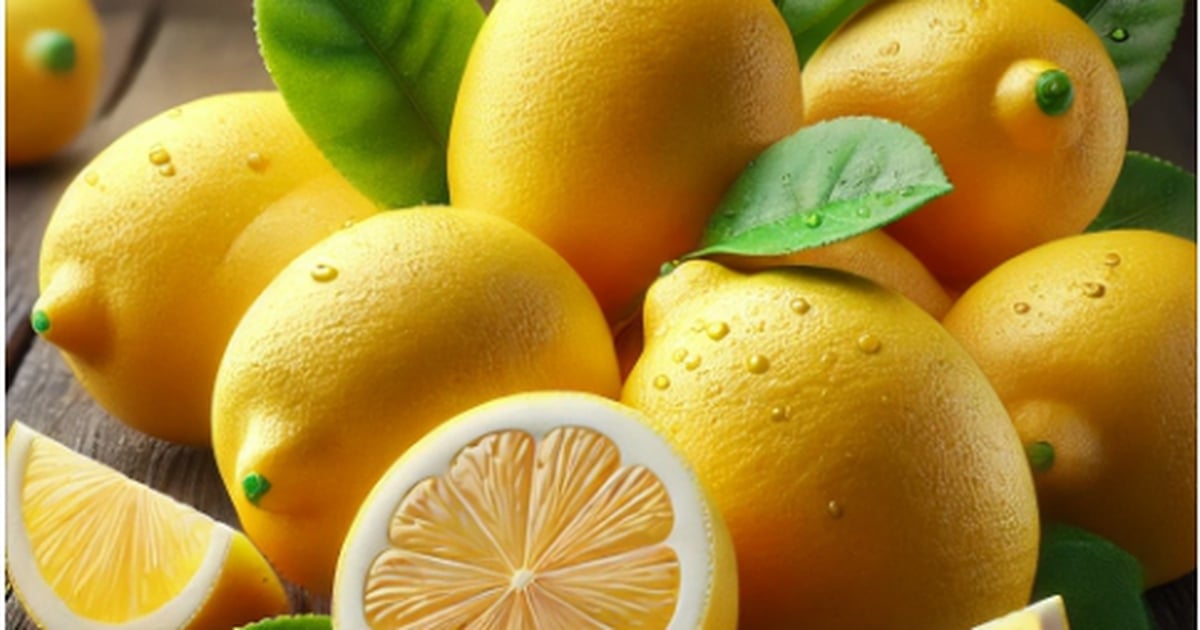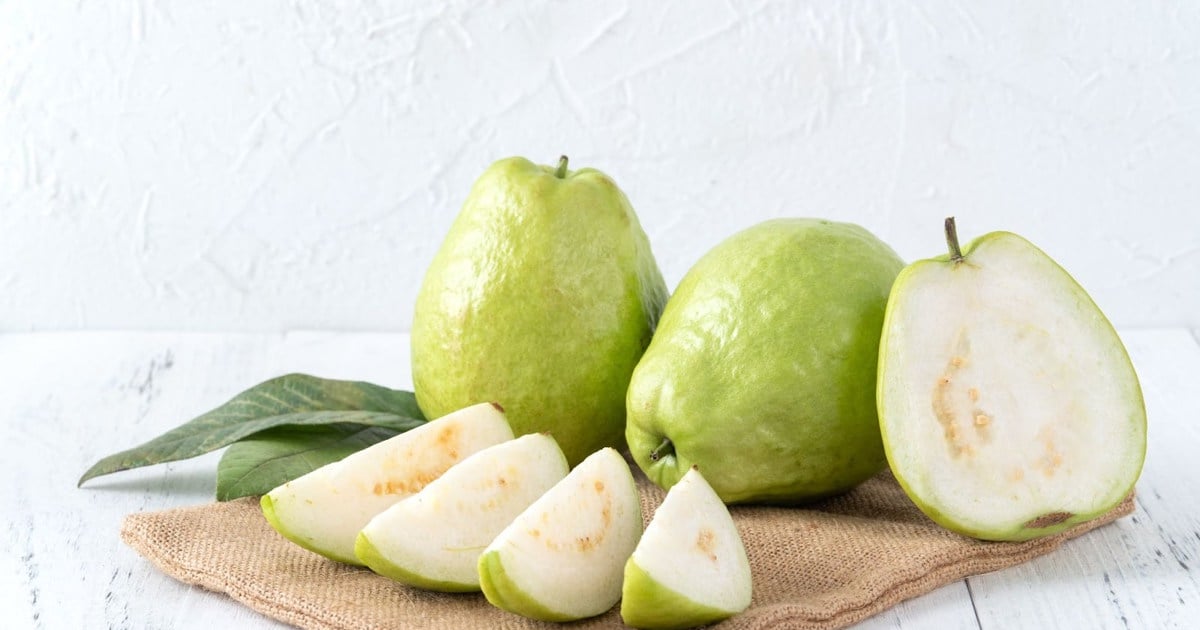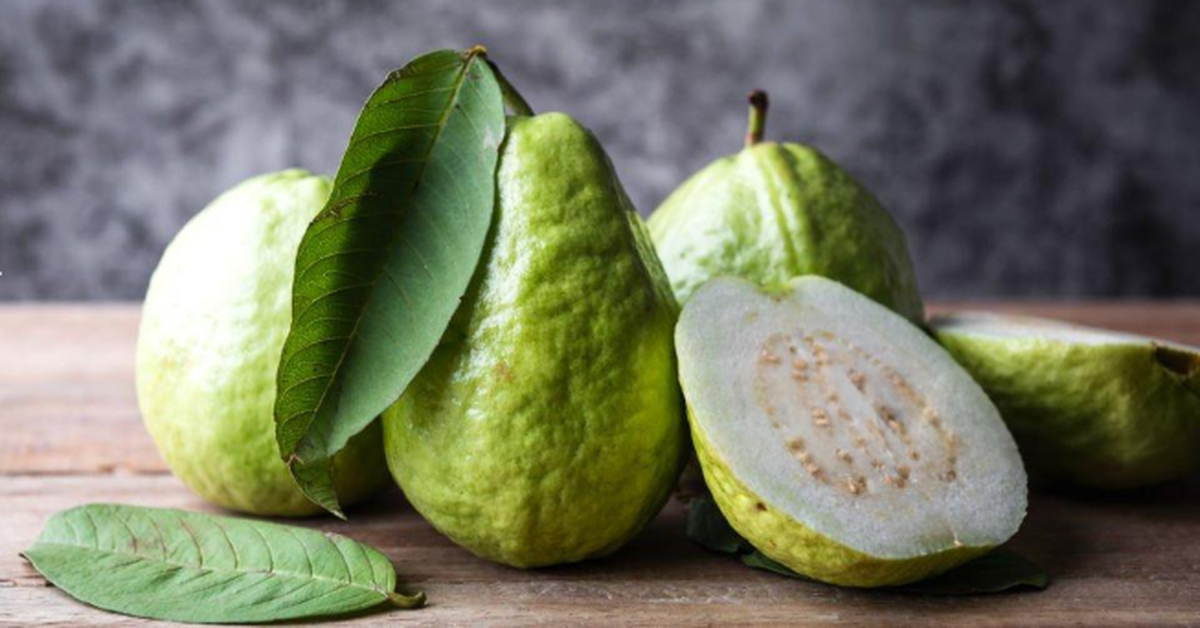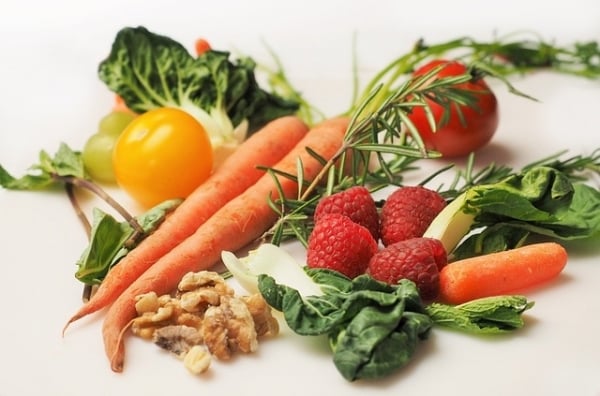Nutrition is very important in strengthening eyesight and preventing eye diseases.

Along with a balanced diet, check out the best vitamins and supplements for eye health - Photo: Getty
Along with a balanced diet, check out the best vitamins and supplements for eye health that you can consider taking.
Also learn about the right sunglasses color, habits that can damage your vision, and six common eye conditions as you age.
Vitamin A
Vitamin A supports vision, the immune system, the heart, lungs, and overall development. In particular, vitamin A helps you see the entire light spectrum thanks to the production of pigments in the retina, and also helps prevent dry eyes.
You can find vitamin A in foods like salmon, broccoli, fortified breakfast cereals, eggs, and carrots.
Carrots are great for your eyes. Carrots and other brightly colored fruits and vegetables are high in beta-carotene, a compound the body uses to make vitamin A. Beta-carotene is also available as a supplement, although it is not as common as vitamin A and is often more expensive.
Vitamin C
Vitamin C is like sunscreen for your eyes, helping to protect them from UV rays. The longer you spend outdoors and exposed to the sun, the greater the risk of damage. According to the American Optometric Association, too much sun exposure can cause irreversible damage.
Vitamin C may also reduce the risk of cataracts. In addition to getting enough vitamin C, wear sunglasses and a hat when you go outside to protect your eyes.
Foods containing vitamin C include kale, broccoli, oranges, lemons, and strawberries.
Omega-3
Ophthalmologists often recommend that patients consume omega-3s and if they are not getting enough in their diet, try supplements. Omega-3s are mainly found in fatty fish such as tuna, salmon, mackerel or herring and some seeds such as chia seeds, flax seeds, walnuts.
The American Optometric Association considers omega-3s a nutrient that may slow the progression of age-related macular degeneration. Research also suggests that omega-3s may help prevent dry eye disease.
These nutrients are good for both conditions due to their anti-inflammatory effects.
Vitamin E
As a powerful antioxidant, vitamin E is important for all cells and cell functions, helping to protect the body from cancer-causing free radicals and playing an important role in protecting vision. Research has shown that vitamin E can help protect the retina from free radicals that cause eye disease.
Vitamin C, another antioxidant, has regenerative properties. Vitamin E may only help protect existing cells. But vitamin E may slow the progression of age-related macular degeneration. The American Optometric Association recommends 400 IU of vitamin E per day.
Foods containing vitamin E include sunflower seeds, almonds, peanuts, cabbage, red bell peppers, mangoes and avocados.
Zinc
Zinc is found in most multivitamins because it is an essential nutrient for the body. Zinc helps boost the immune system and aids in wound healing. Zinc also supports eye health.
Zinc may protect the eyes from age-related macular degeneration. The American Optometric Association recommends 40–80 mg of zinc daily to slow the progression of the disease.
Foods containing zinc include meat, shellfish, chickpeas, lentils, pumpkin seeds, cashews, almonds, eggs, cheese, and milk.
Lutein and zeaxanthin
Lutein and zeaxanthin are known to be important for eye health. These are carotenoids found in red and yellow fruits and vegetables, and these compounds give these foods their vibrant colors.
Carotenoids, which are powerful antioxidants, are important for eye health. They protect the eyes from free radicals that can cause damage. Lutein and zeaxanthin are known to help prevent damage to the retina.
These carotenoids may also slow down age-related macular degeneration. The American Optometric Association recommends consuming 10 mg of lutein and 2 mg of zeaxanthin daily.
While lutein and zeaxanthin can be found as supplements, a bottle can be quite expensive. You may find it easier and more economical to eat more fruits and vegetables.
Foods containing lutein and zeaxanthin include kale, spinach, peas, broccoli, orange juice, red peppers, and grapes.
Source: https://tuoitre.vn/vitamin-gi-can-thiet-cho-mat-co-the-tim-thay-o-nhung-thuc-pham-nao-20241029224920177.htm


![[Photo] General Secretary To Lam receives Japanese Ambassador to Vietnam Ito Naoki](https://vstatic.vietnam.vn/vietnam/resource/IMAGE/2025/4/3/3a5d233bc09d4928ac9bfed97674be98)
![[Photo] Special relics at the Vietnam Military History Museum associated with the heroic April 30th](https://vstatic.vietnam.vn/vietnam/resource/IMAGE/2025/4/3/a49d65b17b804e398de42bc2caba8368)

![[Photo] Moment of love: Myanmar people are moved to thank Vietnamese soldiers](https://vstatic.vietnam.vn/vietnam/resource/IMAGE/2025/4/3/9b2e07196eb14aa5aacb1bc9e067ae6f)
























































































Comment (0)